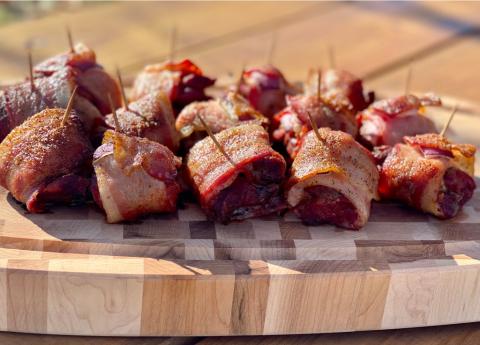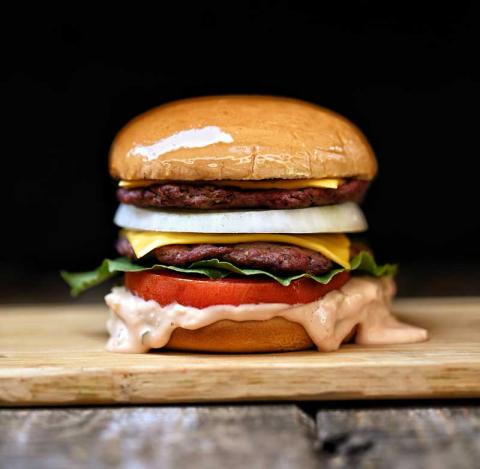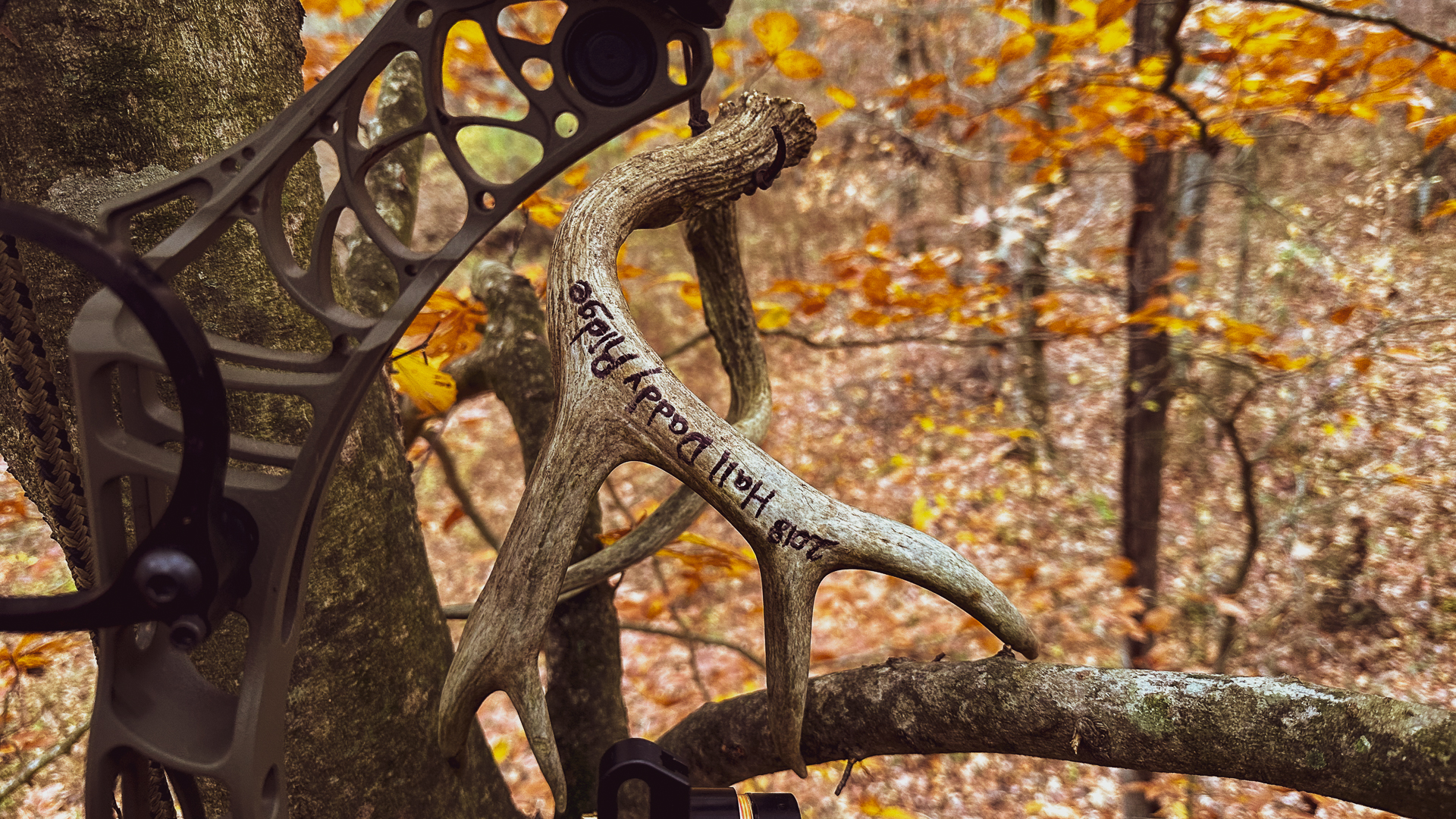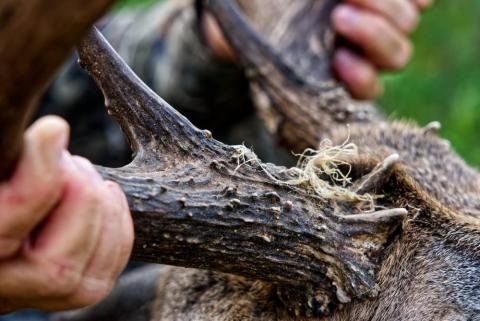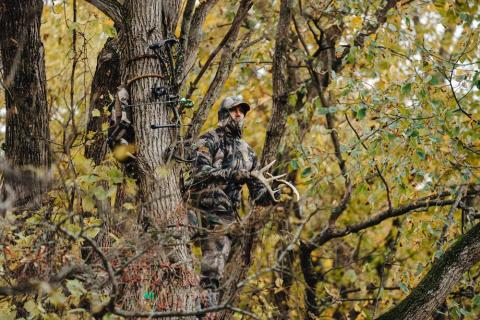Bill Gabbard

Mossy Oak’s Jake Meyer asked me in conversation: “At what point in reloading do you break even and start saving money?”
I must admit, I laughed! If I ever get to that point, I will let Jake know. His question, though, caused me to start thinking about why I started reloading and the long road that it has taken me down. I questioned several of my friends that reload to get their opinion on why they started. It quickly confirmed what I already knew. There are basically two reasons to “roll your own” ammunition: accuracy and saving money.
My cousin Gary Deaton began loading to save money and to have the capability to match his ammunition to the job at hand. He liked the idea of using the same rifle to varmint hunt in the summer and then to deer or elk hunt in the fall. This is a workable situation; however, a 300 Winchester Magnum still doesn’t make the best varmint rifle around. Over the years, he has added several calibers of dies to load for different rifles, but he has still saved money by reloading.
My younger brother, on the other hand, started when 300 Win Mag ammo cost $18.00 to $20.00 a box, and he could reload his own for $8.00 dollars a box. He bought an RCBS reloading supplies kit, a box of dies, a pound of gunpowder, a box of bullets and never looked back. With prices ranging from $24 to $75 a box for some 300 Win Mag ammo it doesn’t take long to come out ahead!
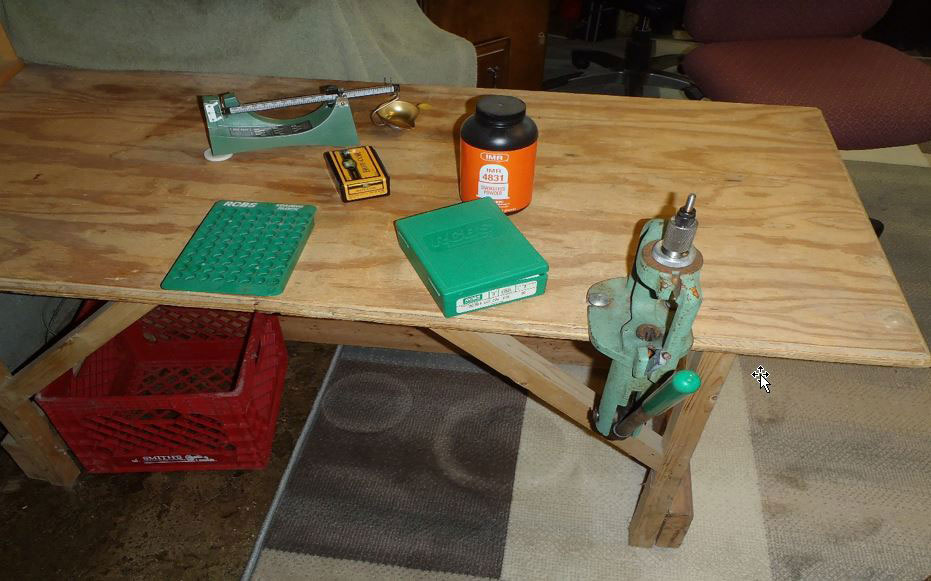
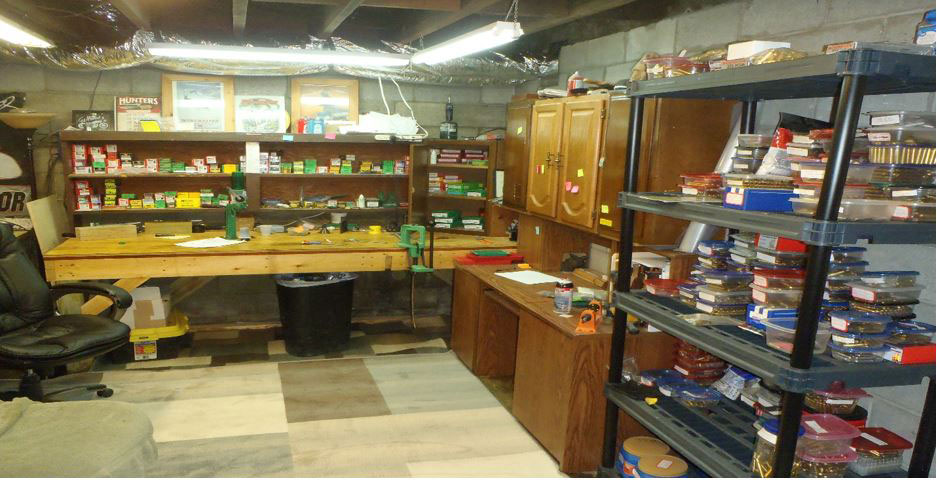
At the other end of the spectrum lies a close friend of mine, custom rifle builder Mike Gross. When I asked Mike why he started reloading he said:
“Three reasons, accuracy, accuracy, and accuracy.”
Mike was shooting crows using an old Remington 700 in 222 Rem, and when he got farther out than 200 yards, he would occasionally miss one. He started loading in search of more accuracy which led to purchasing custom rifles, then modifying rifles and now building custom rifles, all in search of more accuracy. Mike doesn’t miss many crows these days! John Allen of Nighthawk Tactical Solutions, Jamie Thomas and Cecil Combs, both competitive shooters, and avid reloader Jack Longsworth all started loading in search of accuracy. None of them have ever come close to saving money.
A combination of the two reasons leads to a third category of reloader, the fellow who started out thinking that he could save a little money as well as create more accurate ammunition. I must admit that I am one of the delusional characters that falls into this category. My good friend Paul Johnson began reloading pistol ammunition, which worked out quite well. Buying bulk bullets and a pound of powder enabled him to create more accurate ammo at cheaper prices, plus he didn’t have to worry about running out. He then added rifle ammo to his list and did quite well. But wouldn’t you know! He managed to achieve greater accuracy with his handloads than factory ammo.
At that point, he gave up on saving money and headed down the never-ending trail of searching for smaller and smaller groups. When Paul and I started shooting together, he was continually trying a new powder, primer, bullet or seating depth to get a smaller group. I loved to shoot and often would “help” him test loads.
I must say that to this day, I think he deliberately “infected” me with the reloading bug. I was hunting with a Remington 700 chambered in 7MM Weatherby. That ammo cost could run as high as $90 for a box of 20. With a dwindling supply of ammunition and a growing pile of once-fired brass, I took the plunge. My second batch of test loads, I fired a group of 0.306 inches. This rifle had consistently fired two shots touching with the third one out. Groups were always within an inch, but never good enough.
Happiness Is A Small Group
My newfound success lit a fire in me that burns strongly today. Every rifle that I look at makes me wonder, “Can I get it to shoot less than a 0.5 inch at 100 yards?” The amount of powder, primers, and bullets that I have used up these past several years in search of accuracy, while keeping in mind the folks who load like my little brother, allow me to give Jake a honest answer to his question. At what point do you break even and start saving money? Really soon or never!


















